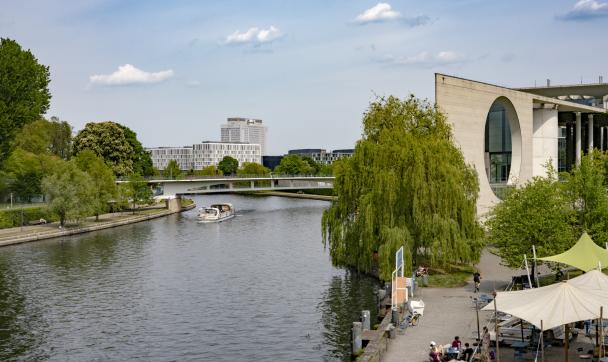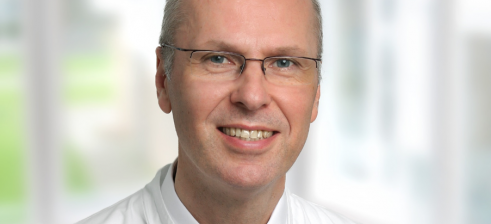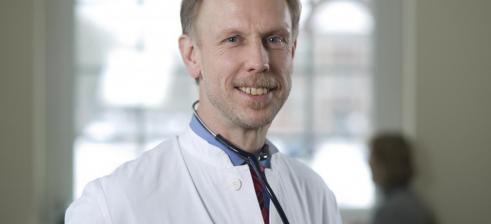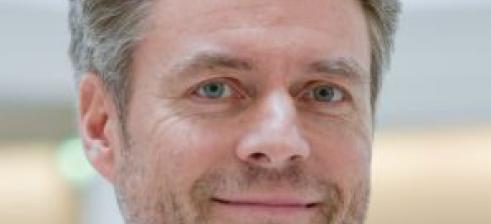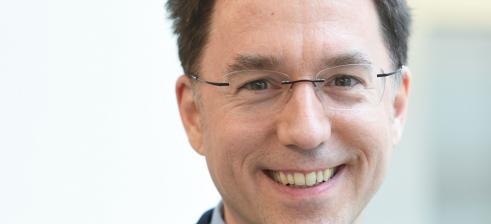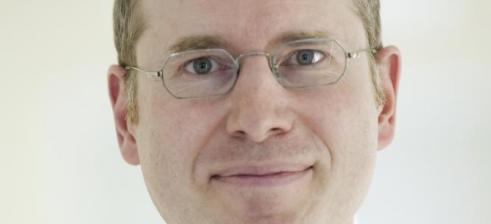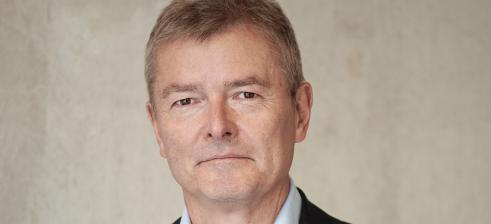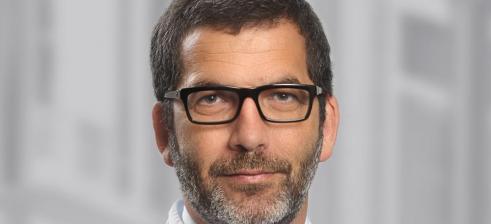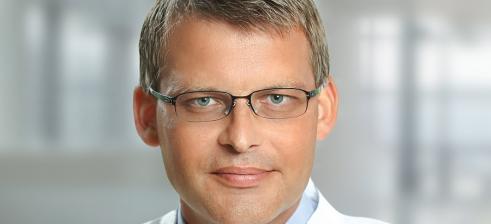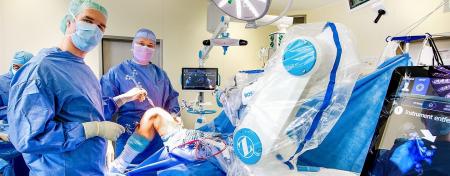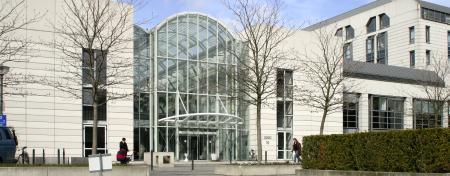The doctor you trust
The more than 80 hospitals in the German capital are staffed by internationally renowned top physicians. Professors and chief physicians lead interdisciplinary and highly specialised teams of doctors. Every year, over 750,000 inpatients entrust themselves to Berlin's hospital doctors, who cover all medical specialities.
Berlin is a centre of medical excellence and offers a wide range of healthcare services. From emergency care to specialised treatment, Berlin's hospitals are well equipped to protect and promote the health of the population. International patients can contact the international offices of the doctors and professors listed here to request treatment.
Use "Filter by medical departments" and "Apply filter" to display a selection of specialists for your medical concern. Click on the doctor to find further information and contact details.

